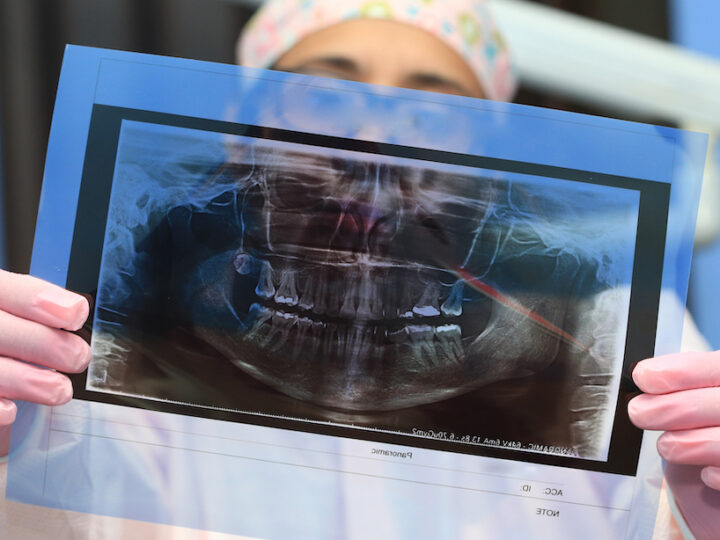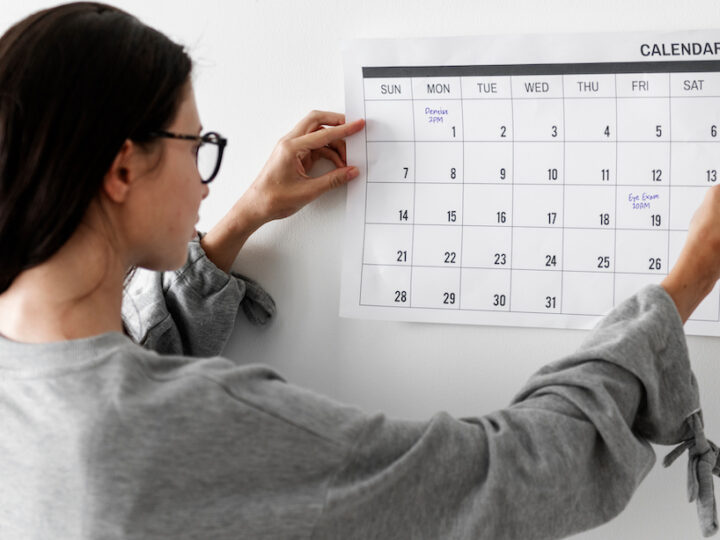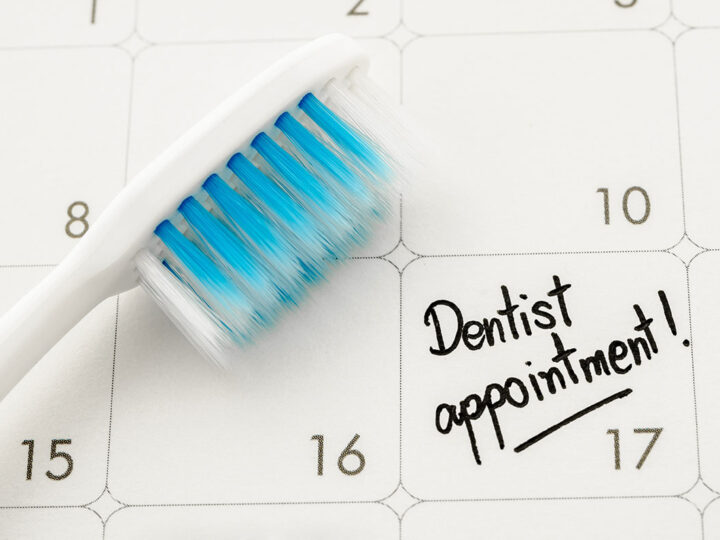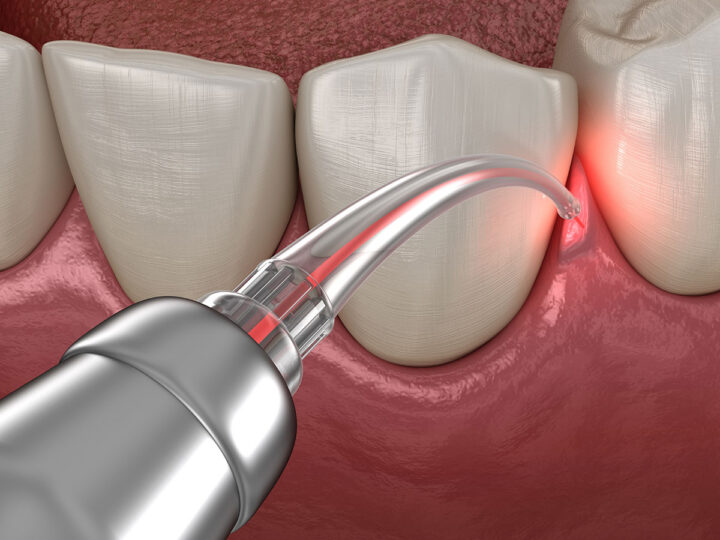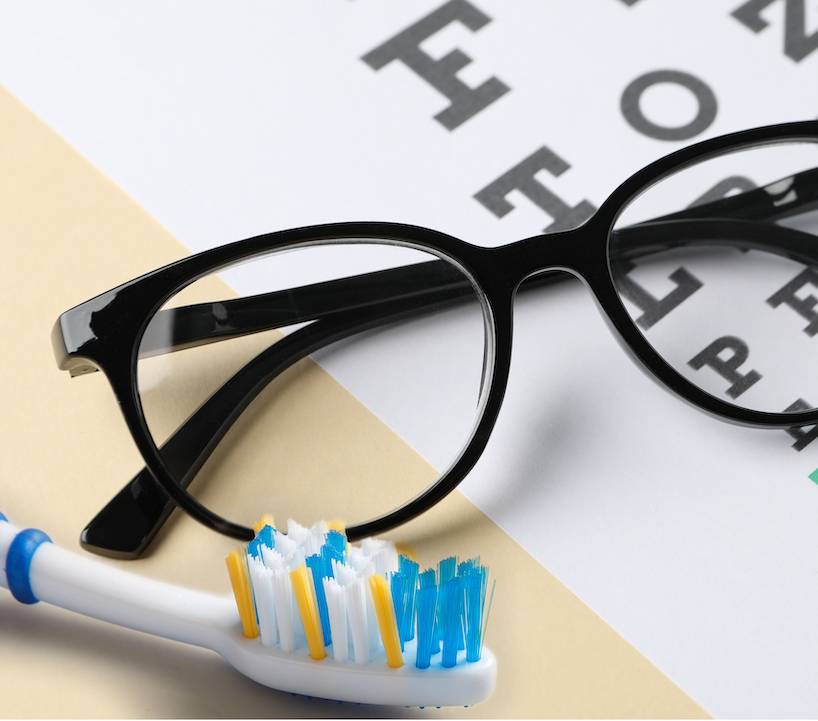
Resolve to Maintain Your Eye & Mouth Health This Year
It’s the beginning of a new year, and lots of people are making resolutions. Many will resolve to get in shape by exercising more. But probably far too few will make a commitment to adopting healthy eye and mouth habits. What about you?
As a veterinarian, you know that your eye and mouth health are tied to your overall health. You remind pet owners to take care of their pet’s eyes and teeth all the time. But are you remembering to apply that same level of care to your own eyes and mouth?
Why is it important to maintain eye and oral health between appointments?
Going to an eyecare provider and dentist once or twice a year is crucial to your eye and mouth health. Without regular exams, problems that seem small can turn into bigger issues before being noticed, and your dentist or eyecare provider can help identify any problems during your annual appointments.
However, the habits you create in between these visits can make sure you stay healthy in the meantime as well as create less risk for infections and other diseases. Protecting your eye and mouth health to prevent other illnesses starts with your day-to-day habits.
It takes most people an average of 66 days to build a habit.
How can I protect my eyes?
Healthy vision can help keep you safe as you go about your everyday activities, and as a veterinarian, your vision is imperative to your profession.
Though you may know some of these tips, it’s always good to be reminded to keep them fresh in your mind.
- Eat right to protect your sight. A well-balanced diet full of fruits, veggies, and fish can keep your eyes healthy. Leafy greens such as spinach, kale, and collard greens as well as fish like salmon, tuna, and halibut have been shown to be especially helpful.
- Give your eyes a break. If you spend a lot of time looking at screens, make sure to give your eyes a rest. A good rule to remember is the 20-20-20 rule: every 20 minutes, look about 20 feet away for 20 seconds.
- Know your family’s eye health history. Some eye diseases or conditions are hereditary, so it’s important to know if anyone in your biological family has been diagnosed.
- Practice workplace eye safety. As a veterinarian, you face many eye safety concerns such as penetration wounds from animals, tools, and equipment and contamination with dust or other airborne contaminants. Make sure to wear protective eyewear in especially dangerous work situations.
- Wear sunglasses. When you’re outside, put on sunglasses that block 99–100% of UVA and UVB radiation. Remember to never look directly at the sun.
About 12 million people age 40 and above suffer from vision impairment in the United States alone. Make sure you’re taking care of yourself between visits to your eyecare provider to lessen your symptoms or to prevent eye disorders.
How can I protect my mouth?
Since your mouth is the entry point to your digestive and respiratory tracts, some of the bacteria in your mouth can cause disease. Without proper oral hygiene, bacteria can reach levels that lead to oral infections. In fact, these infections are so common that 80% of the US population has some form of gum disease.
Normally, the body’s natural defenses and good oral health care, such as brushing and flossing, can keep bacteria under control and prevent disease. But it’s important to remember these additional tips to help keep your mouth as healthy as possible.
- Brush your teeth at least twice a day for two minutes each time using a soft-bristled brush and fluoride toothpaste. It may seem obvious, but it’s important to make sure you’re spending those two minutes twice a day making sure your teeth are fully brushed.
- Brush your tongue. Your tongue is covered in bacteria and can often be missed in regular brushing sessions. To lessen the number of bacteria on your tongue, brush it every time you brush your teeth.
- Floss daily. Only 13.5% of Americans floss every day. Flossing helps clean between your teeth, removing plaque and dislodging trapped debris and food. Flossing is associated with a lower frequency of gum disease, cavities, and missing teeth.
- Use mouthwash. A regular rinse can remove any food particles left over after brushing and flossing.
- Replace your toothbrush every 3–4 months. Making sure your toothbrush is in good condition to fully clean your mouth is vital. If the bristles are splayed or worn down, you should replace it even sooner than recommended.
- Change your toothbrush after you get sick. Make sure those germs don’t stick around in your toothbrush. Get rid of it to reduce the risk of reinfection.
You only get one set of natural teeth. Maintain a healthy mouth and strong teeth using these tips and going to the dentist every six months.
To maintenance and beyond
These small habits could contribute to your long-term eye, mouth, and overall health, and could save you visits to the doctor in the future. Remember, the longer you have a routine, the easier it is to maintain it. Even if it takes longer than the average 66 days for you to build a new habit, you can still be successful if you’re consistent and committed.
While these tips help maintain your eye and mouth health, it’s still important to have coverage.
About half of U.S. adults say they have difficulty affording healthcare costs. Dental and vision care can be expensive, but with your eyes and mouth being such an important part of your health, the price is worth it.
Dental and vision insurance can help offset the cost of regular exams and the overall cost for your mouth and eye care. As an AVMA member, you and your staff have access to comprehensive coverage with a wide range of options to meet your needs through AVMA’s dental and vision coverage offered by Delta Dental of Illinois. Delta Dental of Illinois offers AVMA members both dental and vision coverage that can significantly reduce your out-of-pocket fees for regular checkups and other necessary procedures.
Learn more about how dental and vision insurance can help you.




